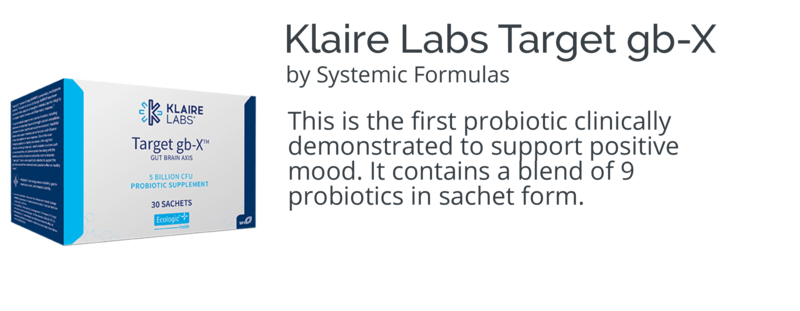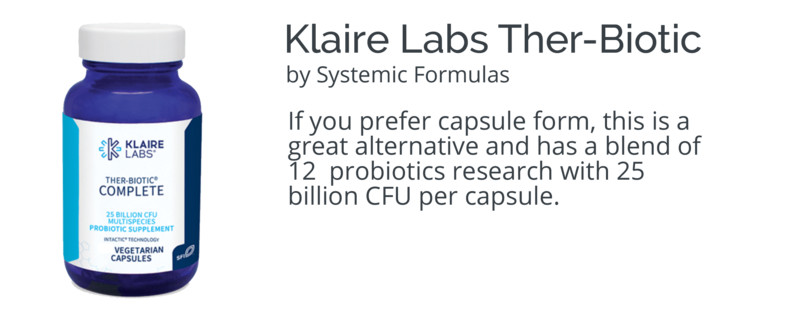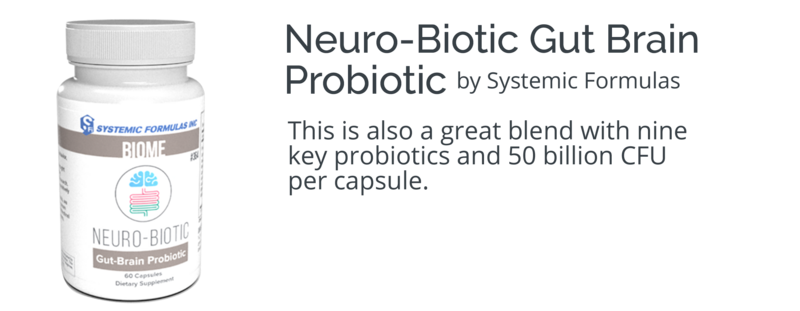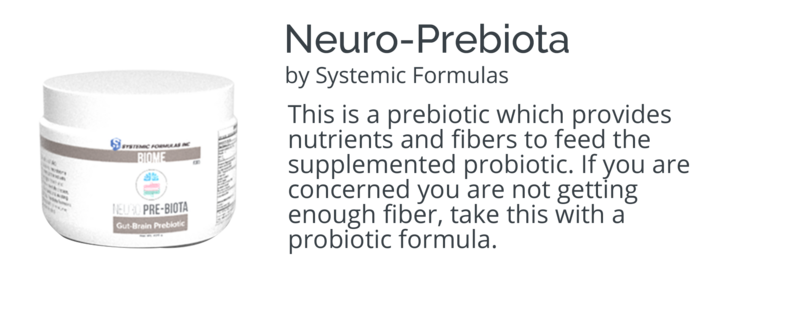Human Microbiome Project (2007-2016)
A massive study took place called the Human Microbiome Project from 2007 to 2016. There is 150 times more genetic material in the microbiome than the human genome. This project was set up to determine the microbial flora relationship to health and disease.
Scientists learned friendly gut microbial species give protection against pathogens, digest food, extract nutrients to feed our cells and heal our cell lining.
Poorly balanced microbiota have a handful of species with few counterbalancing microbes.
Without pushback from diversity, these cells can turn to pathogens. Pathogens attack the protective mucus layer which starts to get stripped away. When the gut lining lacks mucus, it becomes porous and bacteria are able to enter to the bloodstream. The immune response to fight this bacteria is systemic inflammation.
Inflammation is devastating
Inflammation is devastating to the human body. It is the root cause of almost all chronic diseases from Alzheimer, Parkinson's, Diabetes, Heart Disease, Obesity, Autoimmune Disorders, Allergies and more. Both the problem and the solution can be found in our microbiota, not our genes!
Microbiota affect our mood
Microbiota can affect our mood. Take an obvious case like food poisoning. Microbiota recognizes the pathogenic intruders, the gut lining responds with an inflammatory response and starts to attack the pathogens. It tries starving and poisoning them. You feel awful while your body fights these intruders.
Now imagine your microbiota suffering from chronic inflammation. This often happens when you have a breach in your microbiotic defenses. Since you do not have control over the complex processes in your gut, you may experience sickness behavior without understanding why you are feeling this way.
Sickness Behavior
Nature has wired us to lay low when we have an infection. You know the feeling, leave me alone, cover me up and bring me soup.
This response makes sense because it conserves energy to fight the bug and from an evolutionary point of view, your co-workers will benefit when you stay in your space and stop spreading germs.
Endured for a period of time, this behavior can be called depression. Depending on levels of inflammation, you can suffer alternating periods of depression and anxiety.
Treating Depression and Anxiety
If you go to a psychiatrist for anxiety or depression, the doctor rarely asks about gut issues, but that is likely to change as the relationship between the gut and the brain becomes better understood.
Dealing with gut issues may not cure all issues with anxiety and depression, but it can ease the burden.
Since the 1950s the current way of treating psychiatric disorders is to target neurotransmitter systems within the brain. Efforts by pharmaceutical companies to develop alternatives have proved relatively fruitless.
Very recently, the gut-brain axis has emerged, the bidirectional communication between the brain and the gut which plays a key role in maintaining brain health and stress response.
Gut-Brain Communication
Research has shown the gut and brain communicate in six ways:
- Vagus Nerve- This nerve sends information from the gut to the brain.
- Neuroendocrine Signalling - Bacteria produce neuropeptides which enter the bloodstream and directly influence the nervous system.
- Interference with Tryptophan metabolism - 95% of serotonin is produced in the gut and gut bacteria play an important role in the production of Serotonin.
- The Immune system - The lymphoid tissue comprises 70% of the body’s immune system and can be conceptualized as the largest immune organ in the body.
- Intestinal Permeability – Chronic stress has been shown to alter intestinal permeability (leaky gut syndrome), which is associated with a low-grade inflammation that can be linked to psychiatric disorders such as depression.
- Production of Microbial Metabolites – Many species of Lactobacillus and Bifidobacterium produce gamma-aminobutyric acid (GABA), which is the main inhibitory neurotransmitter in the brain.
Through these neural networks, a problem in the gut can cause an imbalance in the brain and lead to depression and anxiety.
“Let food be thy medicine and medicine be thy food”
-Hippocrates, the father of medicine
Psychobiotics
Psychobiotics are living microbe bacteria that are taken as supplements or components of fermented food that can improve both the gut and brain function. They have a positive effect on mental health, reduce stress and anxiety.
We recommend these:
What you eat makes the biggest difference in a healthy gut
Eat More Fiber
Friendly gut bacteria consume fiber. Bifido, one good species of gut bacteria, will consume fiber and produce Butyric Acid, which is a super fuel for the cells lining your gut and encourages the production of “feel good” neurotransmitters. Many processed foods strip the fiber. Today, fiber is recognized as a prebiotic.
Choose high-fiber foods naturally rich in prebiotics like Sunchokes, Artichokes, Chicory, Lentils, Asparagus, Beans, Onion, Garlic, Leeks, Bananas, Beets, Broccoli and Fennel root.
Meat is devoid of fiber.
Eat fermented food
Fermentation has been used to preserve food for at least 5,000 years. Fermenting vegetables was a key survival technique that allowed people to preserve vegetables year round.
In Sauerkraut, bacterial enzymes release vitamins C, B, and K making it more nutritious than the original cabbage with a probiotic boost. A single cup of sauerkraut can contain 10 million CFUs of Lacto and Leuconostoc to qualify as a true probiotic.
Sauerkraut, Pickles (any pickled vegetable), Kimchi, Fermented Soy Sauce, and even fermented chocolate are all great options.
Yogurt and other fermented milk products are made by introducing bacteria into the milk and providing the best conditions for them to multiply. Even people are who are lactose intolerant can often consume yogurt because the Lacto species has eaten most of the lactose.
Make sure you are not choosing yogurts that have been pasteurized as all the live bacteria have been killed. Look for the “Live & Active Cultures” seal to ensure the item has living probiotics.

Eat a diet rich in vegetables, fruit, fish, high fiber grains, nuts, eggs and quality oils like coconut, olive, and avocado. Eat a diet rich in Omega 3s which fights inflammation, improves microbiota diversity and boosts Bifido species of psychobiotic.
Exercise
“If you are in a bad mood, go for a walk. If you are still in a bad mood, go for another walk” Hippocrates.
A Sedentary lifestyle can exacerbate problems so make sure you get enough exercise.
What not to eat
Junk food is harmful to your gut, like processed meats (hot dogs, sausage), refined grains (white bread, pancakes, cookies), sweets (cola, candy bars, ice cream) and salty snacks (potato chips).
If you want to have your microbiome analyzed, there are services who can easily test your gut health. A practitioner, like Nancy, can review these results with you.
Congratulations you made it through all this information.
I hope you find it helpful.
In closing, remember to:
- Try psychobiotic for 14 consecutive days. You can find the ones we recommend here.
- Eat fermented food naturally rich in psychobiotics.
- Eat healthy high fiber fruits and vegetables.




